Disability benefits court appeals won four out of five times
- Published
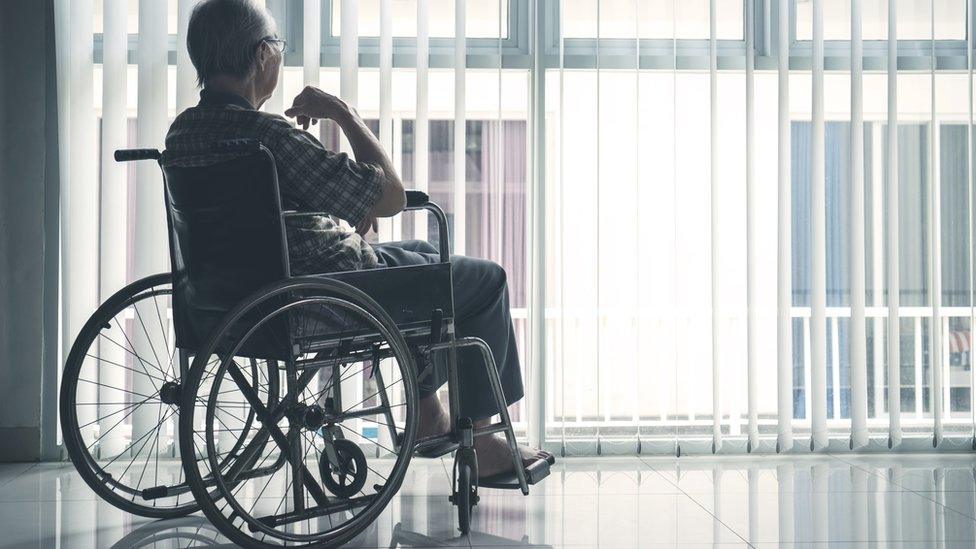
Disability benefits assessments were beset by "poor decision-making" and "obvious inaccuracies", charities said
Four in five appeals processed in Wales against UK government decisions to deny people disability benefits succeeded, new data shows.
Success of appeals in Cardiff, covering Wales and south-west England, rose from 51% in 2013-14, to 80% between April and December 2018.
A terminally ill man who helps people through the appeals process said he was "dreading" his upcoming assessment.
Government officials said appeals made up a small share of all claims.
Charities said the success rate of appeals showed benefits assessments were beset by "poor decision-making" and "obvious inaccuracies".
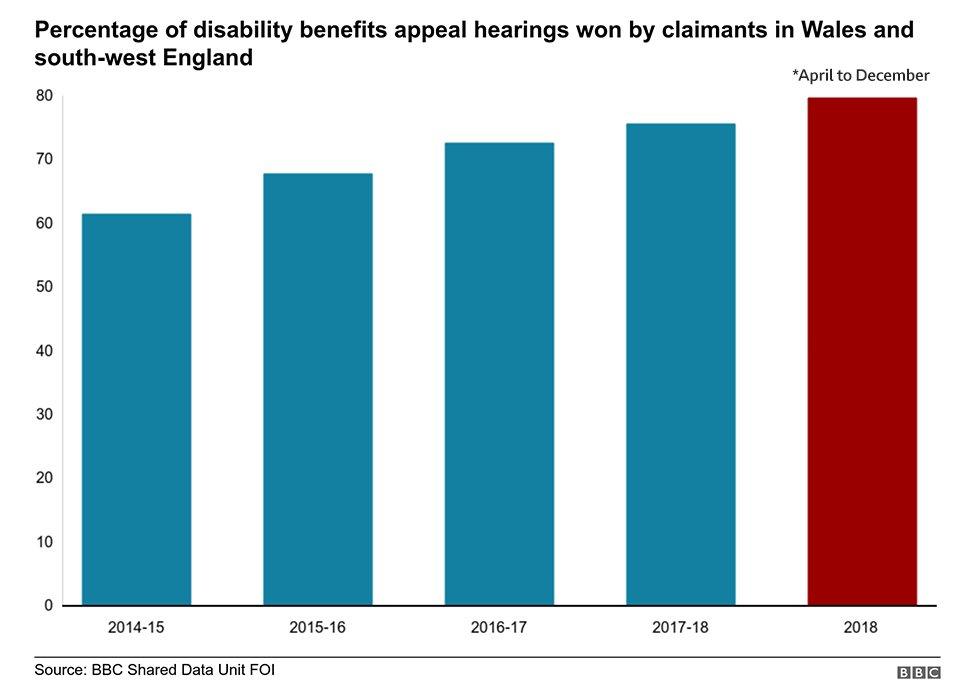
Cardiff is one of seven administrative centres in the UK for appeals against government decisions on whether to award people benefits - it also covers the south-west of England, stretching as far as Hampshire, Dorset and the Isle of Wight.
The Welsh capital's HM Courts and Tribunals Service (HMCTS) centre processed 145,616 appeals against decisions related to disability benefits between 2013 and 2018. Of these, almost 94,000 - 65% - were successful.
Benefits assessments are carried out on behalf of the Department for Work and Pensions (DWP) by the private contractors Capita, the Independent Assessment Services (formerly Atos) and Maximus.

'I'm scared'

Simon Green is terminally ill and worried about an upcoming assessment by Capita
A man with a brain tumour who was told he would not live to see last Christmas said he was "scared" of an upcoming assessment due to be carried out by Capita.
Simon Green, 43, chairman of the Bridgend Coalition of Disabled People, uses a wheelchair as a result of living with neurofibromatosis, a degenerative condition which he was diagnosed with when he was 12.
He had a successful operation which has extended his life, but he still has the tumour, which he said is currently "behaving".
"I had my letter from Capita and I'm dreading it - I'm scared," he said.
"I've helped people who have been through the appeals process and it just so frustrating. I've read the letters and thought 'that's not what was said'.
"I believe they are turning people down, hoping they don't appeal."

The BBC's Shared Data Unit analysed figures from Freedom of Information responses from HMCTS and Northern Ireland's Department for Communities (DfC).
Across the UK, more than 550,000 people won an appeal over their disability benefits decision between 2013 and 2018.
Most of the appeals concerned Employment Support Allowance (ESA), which is paid to people unable to work because of illness or disability, the Disability Living Allowance (DLA), which is paid to people with extra care or mobility needs, and Personal Independence Payment (PIP), which was introduced to replace DLA.
What is the appeal process?
Since 2013, people seeking to overturn a benefits ruling must complete a written challenge within a month, known as a mandatory reconsideration. If unsuccessful, people can appeal against the decision at tribunal.
The DWP said mandatory reconsiderations were introduced to ensure claimants received the right decision without having to go to court.
Critics say the process is confusing, stressful and does not give claimants enough time to gather evidence to support their appeal.
The increasing success rate comes despite a 55% drop in the overall number of appeals heard by tribunals in Wales and south-west England.
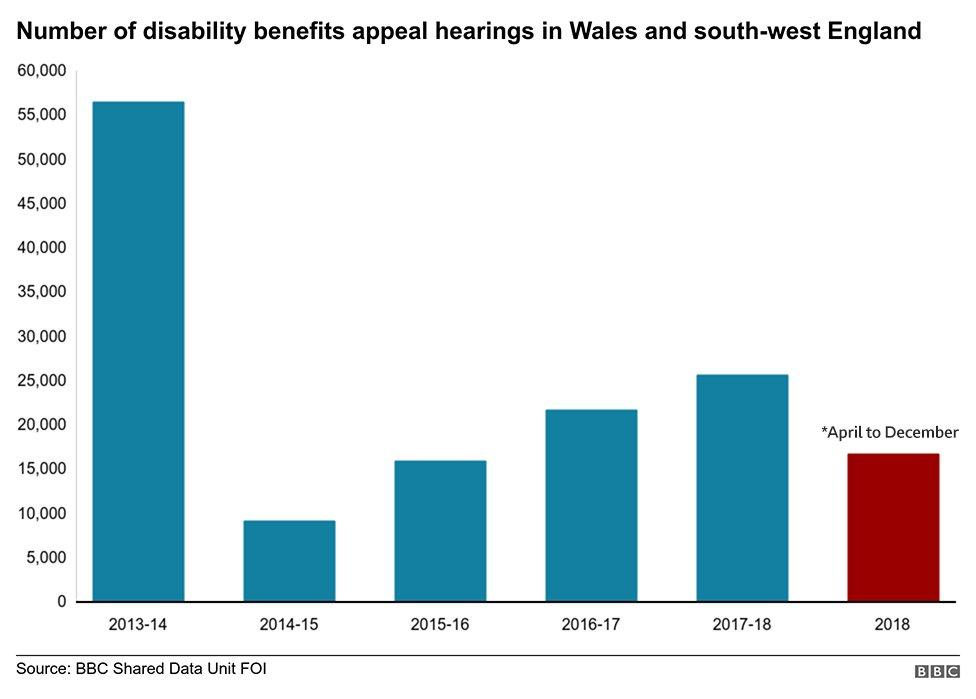
Charities said the introduction of the mandatory reconsideration and cuts to legal aid had put people off appealing.
The Legal Aid, Sentencing and Punishment of Offenders Act 2012 (LASPO) withdrew aid from areas of law including family, welfare, housing and debt.
"I think it's highly likely it [LASPO] had a negative effect. LASPO took away much of the funding for specialist advisers at advice centres meaning there was less support available," said Daphne Hall, of the National Association of Welfare Rights Advisers.
Ms Hall called the mandatory reconsideration an "extra layer" in the appeals process which made it more difficult to reach the hearing stage in court.
The Ministry of Justice said it was "pure speculation" to suggest a decline in the number of benefit appeals was down to legal aid changes.

'It made me really cross'

Alexandra Devlin, pictured with her husband Michael, found out she had MS about 20 years ago
Alexandra Devlin, a former financial adviser from Cardiff, found out she had multiple sclerosis (MS) almost 20 years ago.
Earlier this year she was visited by an assessor who was "typing all the time" and "did not ask her relevant questions" about the challenges resulting from her condition.
She said she was denied the higher rate of the daily living element of PIP - about £100 a month - based on assumptions about how well she could use her hands.
"The letter came back and said 'she's fine from the waist up' and 'she can dress herself'. She never asked these things and they weren't true," Mrs Devlin said.
With the help of MS Society, she appealed and provided the court with documents describing her entire medical history.
"When I arrived at the tribunal, someone came out and said 'you will be pleased to know we have read through you notes and we will be awarding you the higher level of PIP'.
"I thought 'that's lovely, but what about the people who would have struggled to get here'. It all felt so unnecessary."

A DWP spokesman said: "We are committed to ensuring people get the support they are entitled to and spend £55bn a year supporting disabled people and those with health conditions.
"We have been improving the assessment process and just 4% of all ESA decisions and 5% of all PIP decisions are overturned at appeal."
Capita and Maximus said the majority of people were satisfied with the process and they worked with charities and disabled people's organisations to improve their services further.
- Published14 November 2019
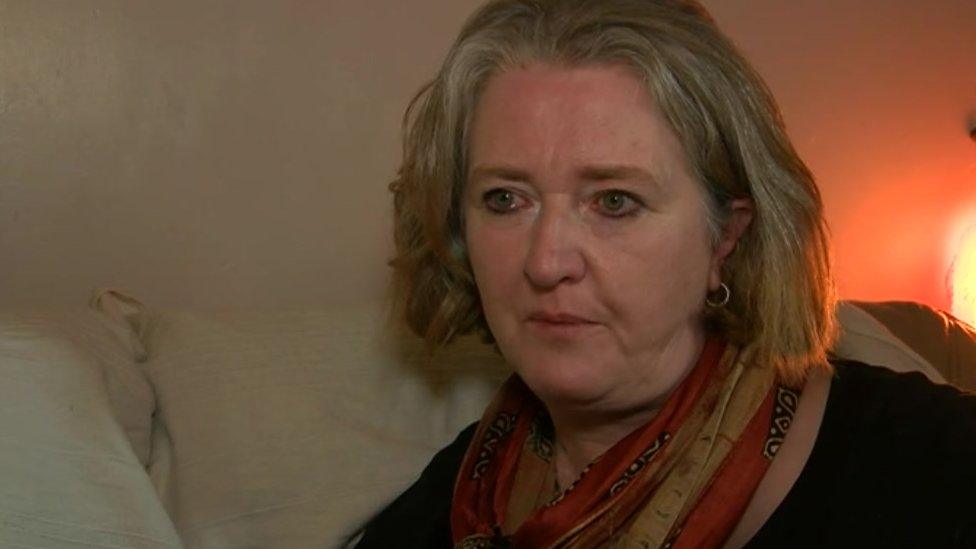
- Published30 August 2019

- Published21 February 2019
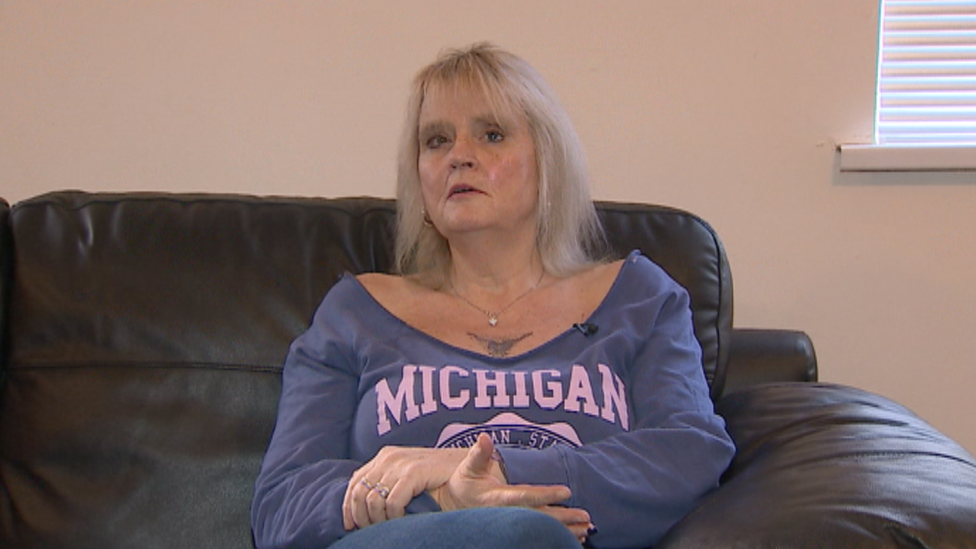
- Published27 August 2018
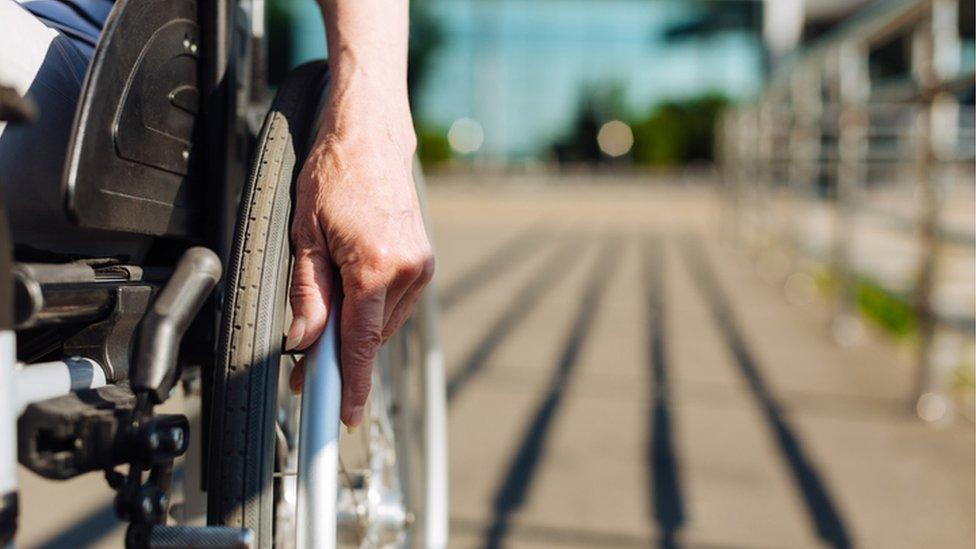
- Published6 August 2019

- Published10 December 2018
